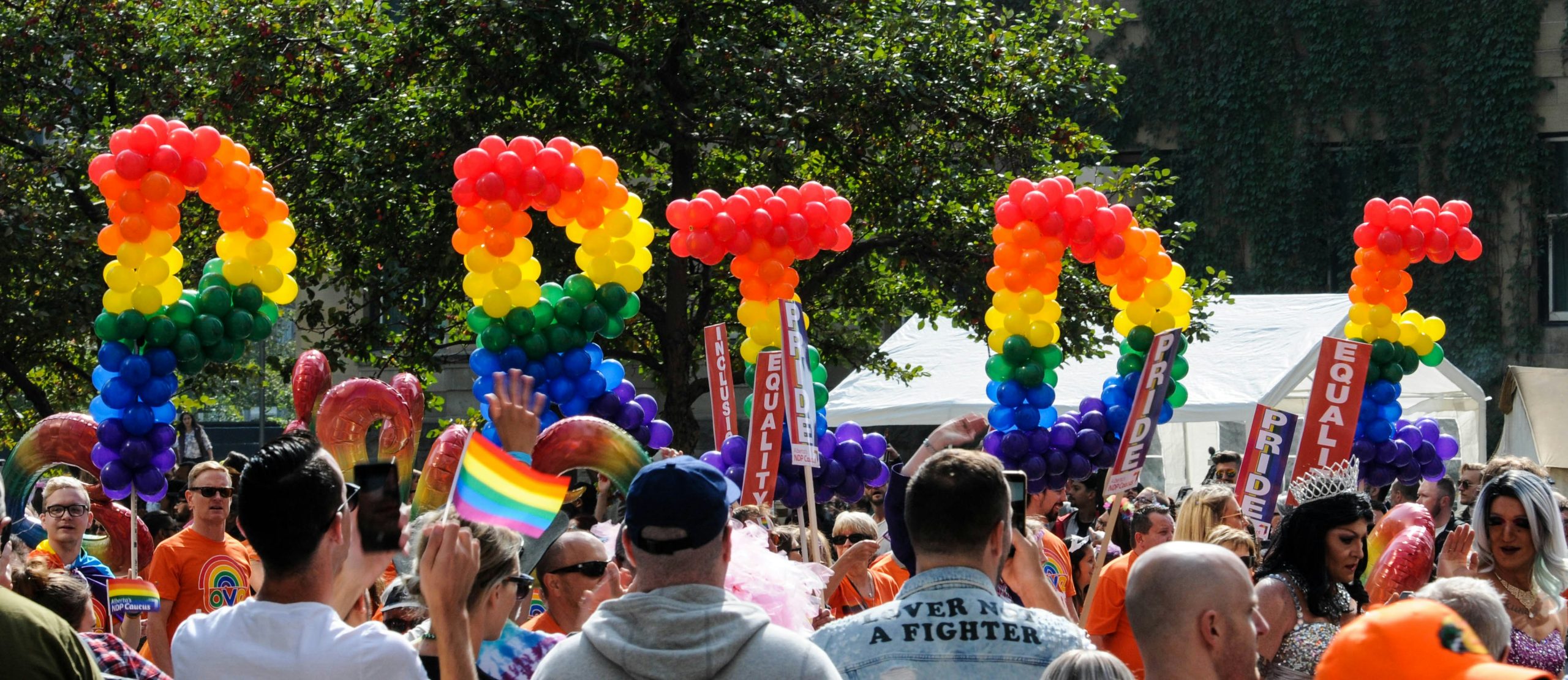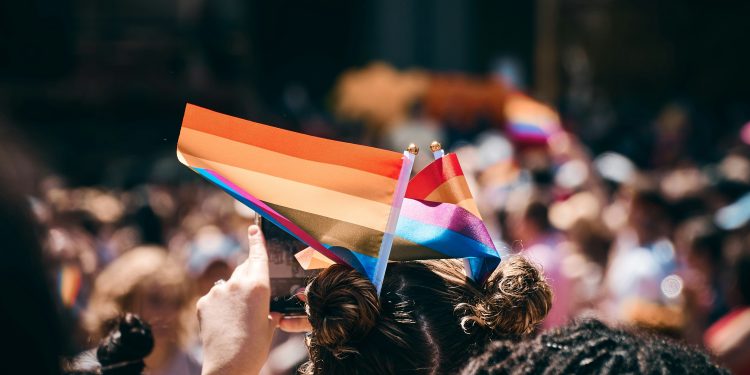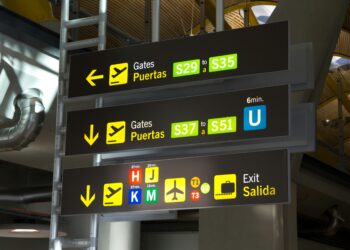The Budapest Pride march will take place Saturday as planned, organizers confirmed, directly challenging Hungarian Prime Minister Viktor Orbán’s warnings of “legal consequences” for participants. The event proceeds under the shadow of a controversial “child protection law” that effectively bans displays of LGBTQ content, with police authorized to impose €500 fines on attendees and potential one-year prison sentences for organizers.
EU Equality Commissioner Hadja Lahbib and dozens of European Parliament members will join the march in a show of solidarity against Hungary’s anti-LGBTQ policies. Lahbib, standing with Budapest Mayor Gergely Karácsony before a rainbow flag, called the event “a powerful symbol of civil society’s strength.” Karácsony, an opposition leader, maintains the march requires no police approval as it’s officially co-organized by Budapest City Hall.

The demonstration comes after European Commission President Ursula von der Leyen urged Orbán not to interfere, to which he responded by telling the EU to “refrain from interfering” in national law enforcement matters.
While Orbán downplayed prospects of violent police intervention—“Hungary is a civilized country”—he emphasized participants would face legal penalties. Police may deploy facial recognition technology to identify marchers under the 2021 law that bans “promoting homosexuality” to minors, which critics call a veiled attack on LGBTQ rights.
The march’s organizers anticipate record turnout this year as it becomes both a protest against discrimination and a test of EU-Hungary relations. With Hungary facing potential EU funding cuts over democratic backsliding, the Pride event spotlights the growing tensions between Orbán’s nationalist agenda and European values of inclusion.

















